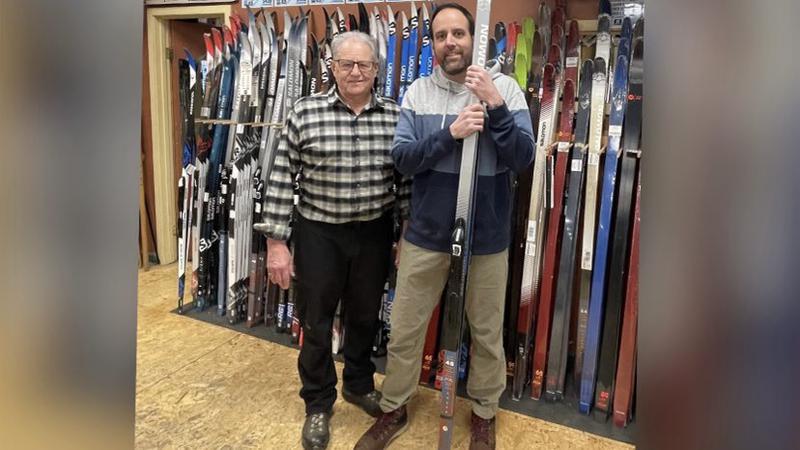Canadians door knock in U.S., but outsiders barred from stumping in Canada
TORONTO — A group of Canadian lawyers is heading south this week to stump for Hillary Clinton ahead of the U.S. presidential election — an activity that would be illegal if Americans tried the same move during a federal campaign in Canada.
While American election laws in place since 1966 forbid political financial donations from foreigners, they do not bar outsiders from knocking on doors either to encourage voting or to extol the virtues of a candidate — as long as they make no monetary contributions and don’t get paid for their efforts.
Many Canadians, it seems, would take a somewhat dimmer view of finding an American campaigner at their door.
“I’d have the same reaction I have to the occasional American religious missionaries who knock on the door: Go clean up your own back yard,” said Deborah Jones-Kennedy, of Vancouver.


